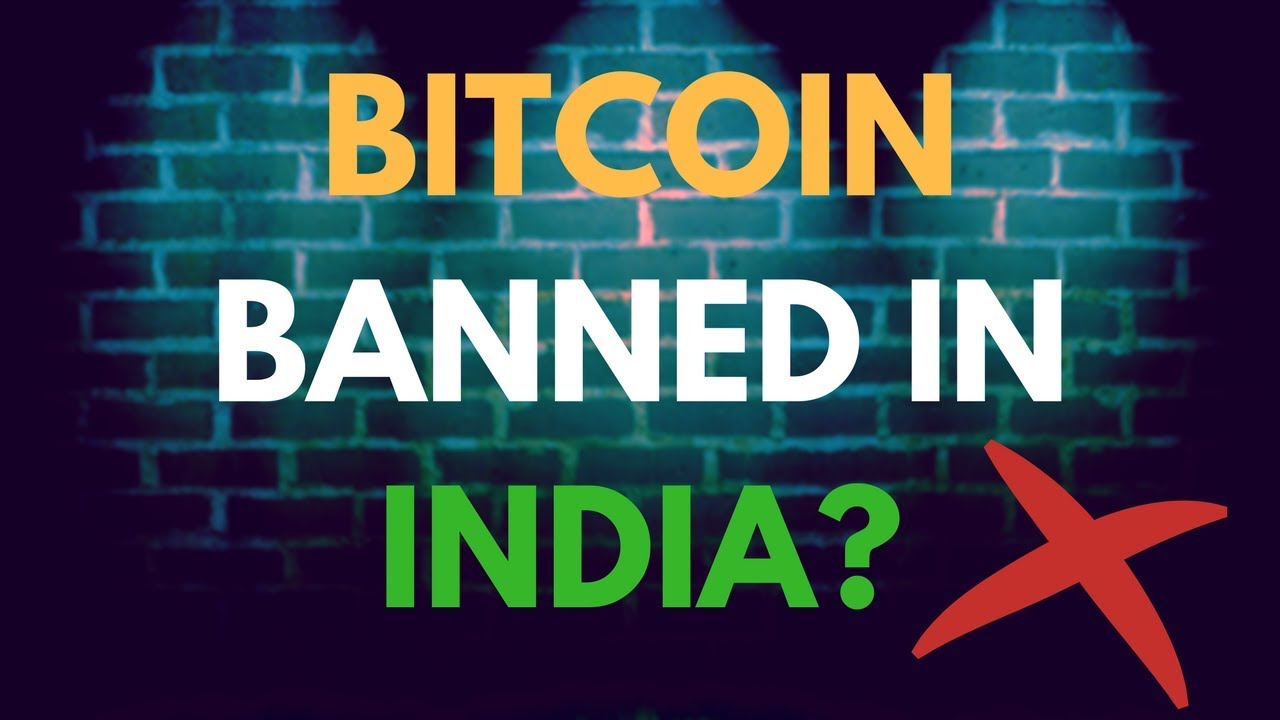Bitcoin banned in India! -- Govt of India & Crypto - A love story ♥

We witnessed last month that, the Reserve Bank of India (RBI), the country's central bank, made a major crackdown on purchase and trading of crypto currencies. At their bi-monthly monetary policy meeting, the Deputy Governor B.P. Kanungo stated that,
“All RBI regulated bodies are required to stop having business relations with entities dealing with virtual currencies forthwith and unwind the existing relationships in a period of three months’ time.”
This means that by July, Indian banks and lenders will no longer be able to transact (deposit & withdraw) with companies or individuals that trade in crypto currencies.
Why did the Government do that?
The speech which the Deputy Governor Mr. B.P. Kanungo made on 5th April highlighted the following point as below:
“AML (Anti Money Laundering) & FATF (Financial Action Task Force) framework, these two things mainly impact the market integrity and capital control, and if they grow beyond a certain level, it can effect country’s financial stability as well.”
Over the last 5 years, the RBI had warned citizens of the country on several occasions. Moreover, Finance Minister, Arun Jaitley in his Union Budget of 2018 stated that the country does not recognize crypto currencies as a legal tender.
In fact, Indian banks such as HDFC and CITI had also banned the use of credit cards to purchase of crypto currencies after Budget 2018.
The Snowball Effect:
The RBI move comes as governments across the globe are increasing restrictions on virtual currencies.
The fact that crypto currencies are unregulated adding to which the price rise of about $20,000 in December escalated worries worldwide that such currencies could be used to facilitate all types of crimes which includes money laundering and tax evasion to terrorism.
In U.S., once a major center for crypto currency trading, banks have banned the use of their cards, accounts for purchasing crypto currencies.
China too now looks to gear down crypto currencies.
Even countries like Japan and South Korea, who are considered to be crypto hot spots; have also put in place a number of regulations.
What next? End of love story?
Until April 5th, Indians could easily trade virtual currencies in exchange of Indian Rupees without breaking the law.
However, that ends in July. Which has caused significant anxiety for the country’s crypto enthusiast.
Question arises if you should exit crypto by July or hold (rather HODL) and utilize potential loopholes when needed, such as trading crypto for crypto or using paypal, encashing abroad etc.
Conceivably, these options would entail their own limitations and complications.
As far as the crypto exchanges of the country are concerned, will they be forced to shut shops?
It remains to be seen on how exactly the directive will play out, but as of now the crypto community of the country & abroad is disappointed with RBI’s decision.
However, the community is not going to take this easy! Several crypto currency exchanges have challenged the government’s decision in Supreme Court. Some players are moving to crypto friendly nations like Switzerland, Singapore, or Dubai.
So do we see any hope?
Of course yes! While the RBI’s decision is widely stated as a “ban”, RBI has never used the word “ban” anywhere. Moreover, it is worth noting that the Deputy Governer B.P. Kanungo included a sign of hope in his speech, acknowledging that,
“the blockchain technology or the distributed ledger technology that lies beneath the virtual currencies has potential benefits for financial inclusion by enhancing the efficiency and reducing human error or fraud; and that such technology should be exploited for the benefit of the economy.”
He further indicated that as India is thriving towards cashless economy the RBI may even create a “fiat digital currency” of its own, and that a report of this prospect can be expected by June.
Given that despite sanctions like this, blockchain technology and decentralized finance look like they will be an inevitable part of the future of global economy.
Whether the RBI’s move will succeed in achieving a permanent solution or entail only a short term inconvenience for India’s crypto ecosystem, remains to be seen.